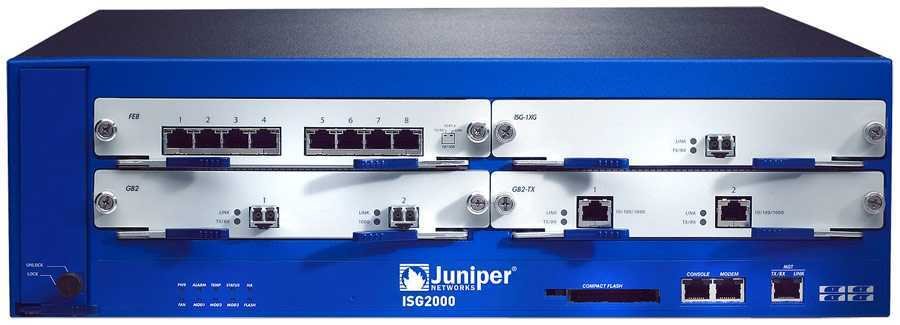You may not know exactly what she does company Juniper, αλλά μπορεί να έχετε χρησιμοποιήσει ήδη τα προϊόντα της για να σερφάρετε στο Internet without your knowledge.
Juniper manufactures network hardware (like Cisco) and is used by corporate infrastructure around the world.
The company admitted today (source TNW) that at some point in the past, he found out malicious code in its ScreenOS firmware is used by NetScreen devices. The malicious code could allow a hacker or government agency to gain administrative access to devices, as well as decrypt VPN connections.
NetScreen was acquired by Juniper in 2004 as it looked to strengthen networks and their security. Many of the company's products inspect data packets such as network traffic to detect malicious intent before it reaches the endpoints. users.
So even if Juniper is trying to downplay the fact, things are very serious.
The fact that the company states that it does not know - or does not admit that it knows - from whom the malicious code was added is a very serious cause for concern, as it may exist for years before it is detected.
Taking into account the NSA's spying programs, it is easy to link the attack with the FEEDTROUGH program to the service that targeted firewalls of the company.
The company has not yet made any further statements, but according to the article it published, it admits that "there is no way to detect that this vulnerability was exploited" and that it could lead to "complete infringement” of the affected system.
The company has released a patch for vulnerability to NetScreen devices. But since there is no way of detecting the attack, who can know that the problem has been fixed?





